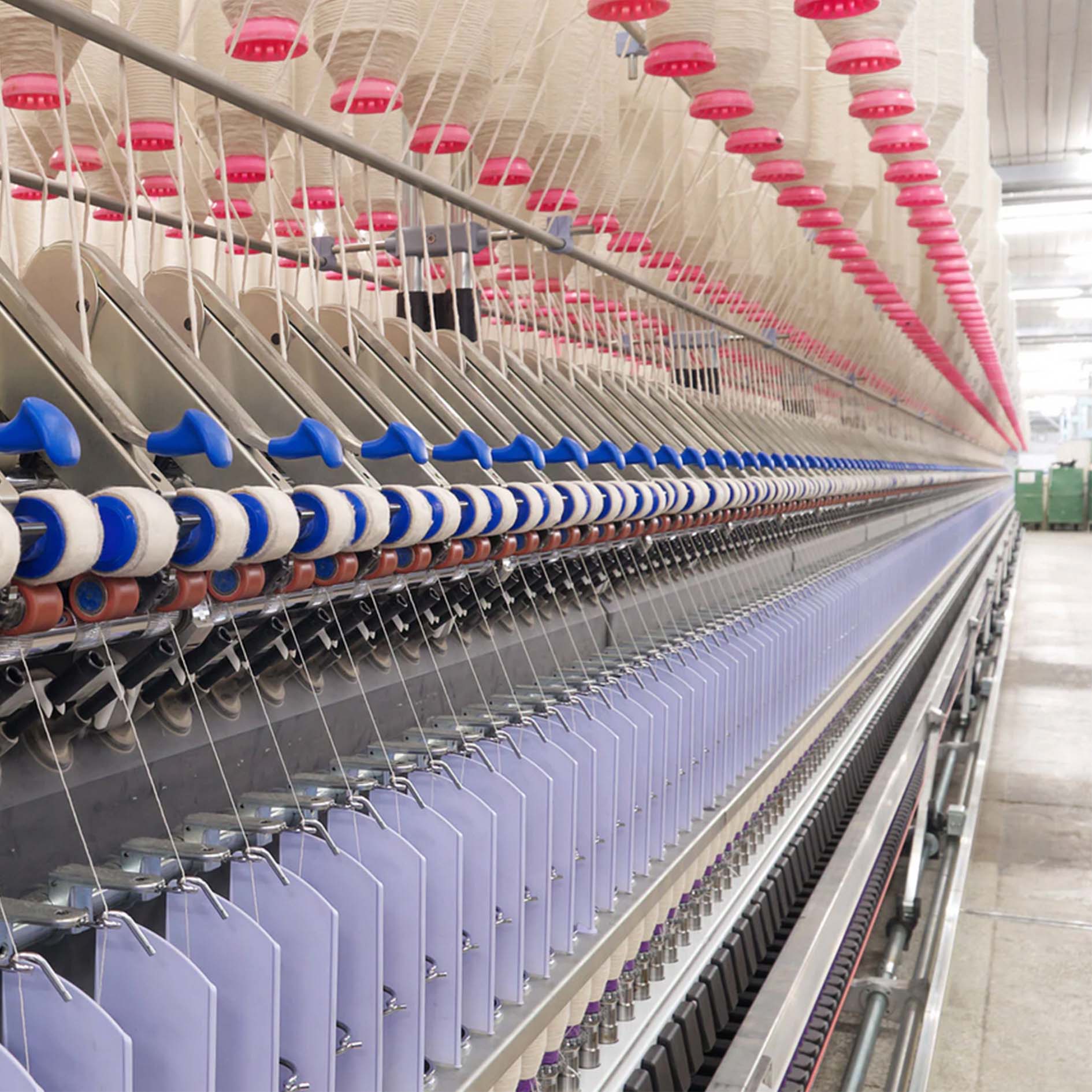
MASS PRODUCTION IN FASHION - MEGA FACTORIES
If there are to be any positives to come out of coronavirus pandemic, it is perhaps that businesses have been forced to second-guess their over-reliance on complex supply chains. For too long, poor worker protections and lax environmental standards have lured clothing manufacturers to the likes of Bangladesh and China, where the promise of blind-eyes and sealed lips have awaited them. Bumping shoulders with the supply chain has always been the mass production mega factory, built to wring out every last drop of strength and will from its workers - and as we saw across the last two years, sometimes not even paying them for the pleasure.
So, what is the solution to this miserable state of affairs with mass production in fashion?
I’ll tell you - it is ETHCAL FASHION and working closely with local communities.
The issues with fast fashion. Fast fashion is the lifeblood of the world’s mass production mega factories. Encouraging overconsumption and devaluing the inherent worth of clothes in the process, today’s apparel elites have cut corners and stitched together a production cycle that can go from fields of cotton to the bodies of consumers in a matter of weeks. As a result, the fashion industry is now responsible for 10% of the world’s total global carbon emission, 92 million tonnes of waste, and eye-watering amounts of chemical pollution found in human life-supporting rivers and streams.
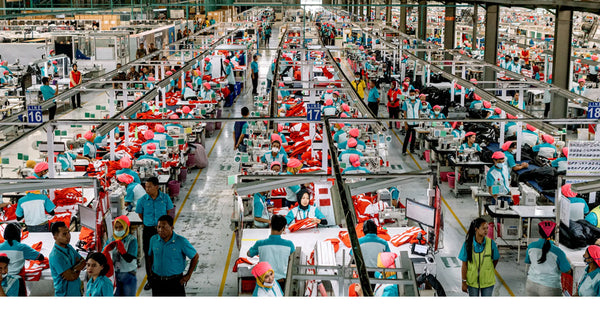
Fast production -Mega factory. Source: 'WIRED'
Fast fashion can also be blamed for numerous societal issues, especially in developing countries. According to non-profit Remake, 80% of apparel is made by young women between the ages of 18 and 24, who often have to answer to demanding and exploitative male bosses. And if the prevalence of misconduct and harassment wasn’t enough, workers also have to worry for their lives. In 2013, an eight-floor factory building that housed several garment factories collapsed in Dhaka, Bangladesh, killing 1,134 people and injuring more than 2,500 others.
What is a supply chain? For of all, it’s worth unpacking just what the term means. The fashion supply chain is the umbrella term for the process that sees materials such as cotton, silk and leather cultivated in their raw state, sent to factories to be transformed into wearable garments, and then distributed around the world. While on paper, all that might sound simple and straightforward, in practice, it is anything but. Because it is expensive for one factory to do everything, the big fast fashion giants often outsource each stage to countless middlemen. As a by-product of the constant outsourcing, there is a general lack of accountability and transparency built into the system.
We can’t cancel fashion, we can though, make it more ethical. With so many causes for concern, it would be justifiable for anyone to advocate for the complete closure of the fashion industry. Except, doing so would punish the brands and companies making clothes in conscious and kinder ways, and deny fashion the chance to support and change lives for the better - as it should. Ethical fashion and community empowerment are the perfect antidotes to the ills caused by mass production and long supply chains.
UppyBags is a great example of a business that places the wellbeing and needs of its workers in the heart of everything it produces. As well as providing fair wages and fulfilling, dependable work, UppyBags offers its Cambodian partners the chance to protect their local environment by preventing discarded cement bags from ending up in landfills.
Another is Ninety Percent, which is a brand made unique for redistributing 90% of its profits between charitable causes and those who make their collections happen. Shoppers are even given the choice of which worthy cause the proceeds go towards. Then there is Veja (https://www.veja-store.com), a vegan and sustainable shoemaker that helps to provide gainful employment to people who have been incarcerated or are otherwise struggling to find work.
Such approaches mean that on top of the economic benefits they bring to the communities they work, the likes of Ninety Percent and Veja are also bringing genuine social improvement, too. In particular, when a brand in the mould of UppyBags (https://uppybags.com ) works in a closer, more organic fashion with its workers, it creates a fertile environment for skill sharing and the transfer of knowledge from employer to employee, opening the door for them to start their own brands in the future.
Slow rather fast fashion, value over volume. As well as empowerment, most ethical brands adopt a slow rather than fast fashion approach, with a greater emphasis on design and detail over volumes produced. This means that every stitch and piece of fabric is accounted for, bringing more transparency to the production processes and ensuring environmental and labour standards are well observed. While the clothes themselves naturally become more treasurable rather than disposable, considering there is less of it and more care and time went into making each item.
Some might argue that such an approach won’t be feasible for major brands, as fewer clothes mean lower profit margins and customer demands would not be met. Well, the heartstrings would have been pulled if the average citizen wasn’t estimated to be throwing away around 37kg of clothes every year; or if high fashion companies weren’t making headlines around the world for burning or defacing unsold inventory; or the profit margins for some of the biggest players in fashion were not in such good health - the likes of H & M, Zara and Shein brought in a combined profit haul of over 6 billion euros in 2021.
The world of fashion has more than enough room to change for the better.
WRITTEN BY: Silva Chege (https://silvawpius.wordpress.com/)

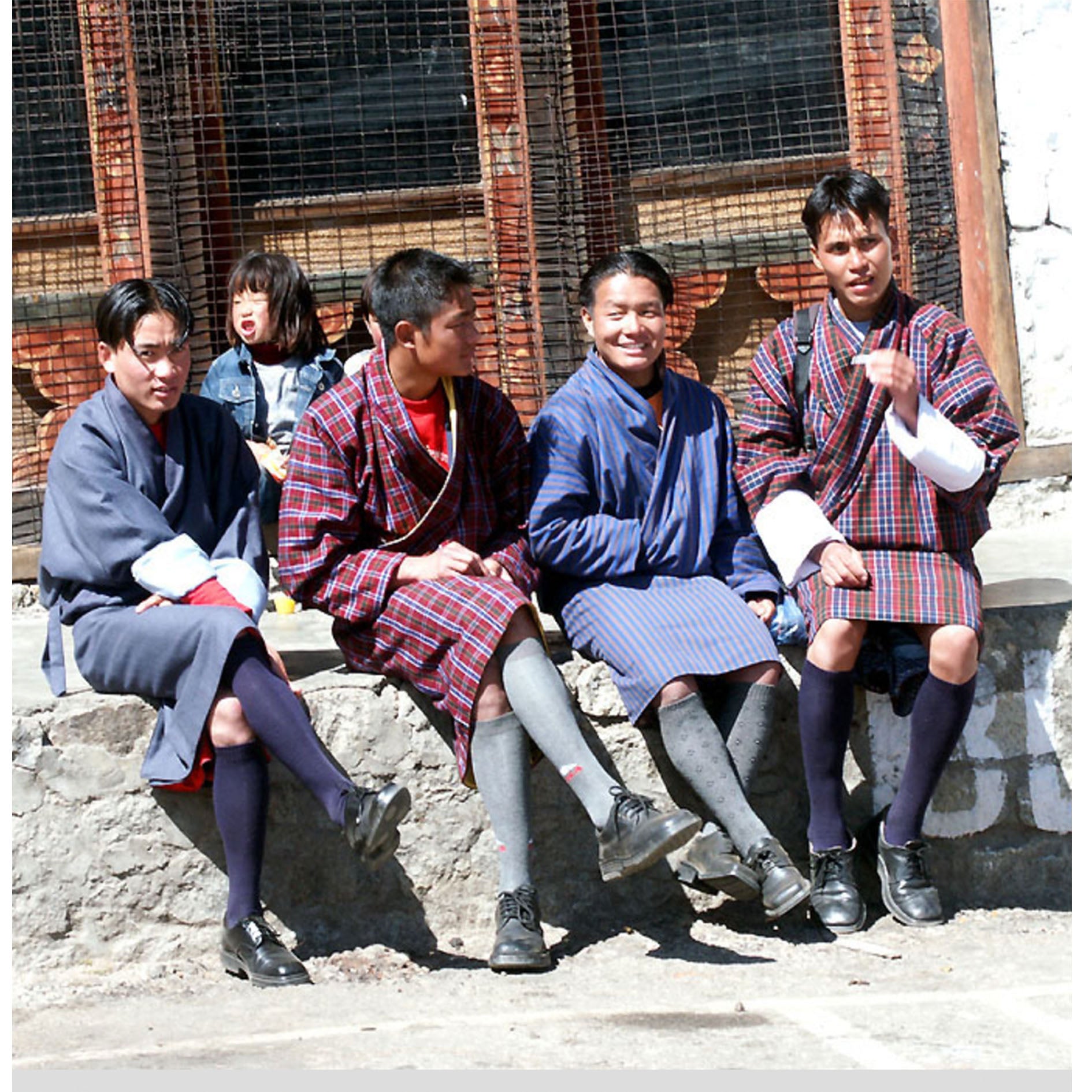
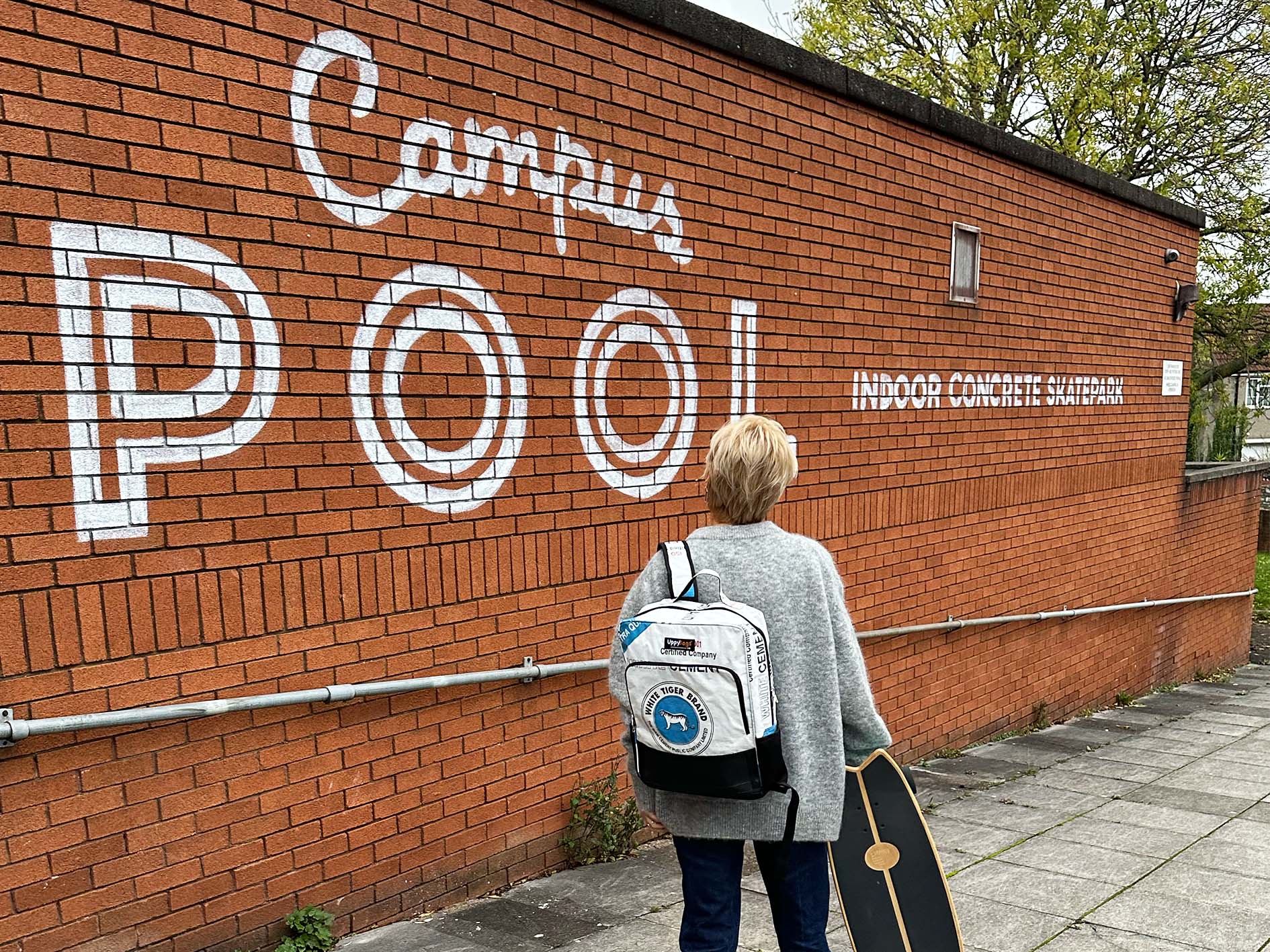
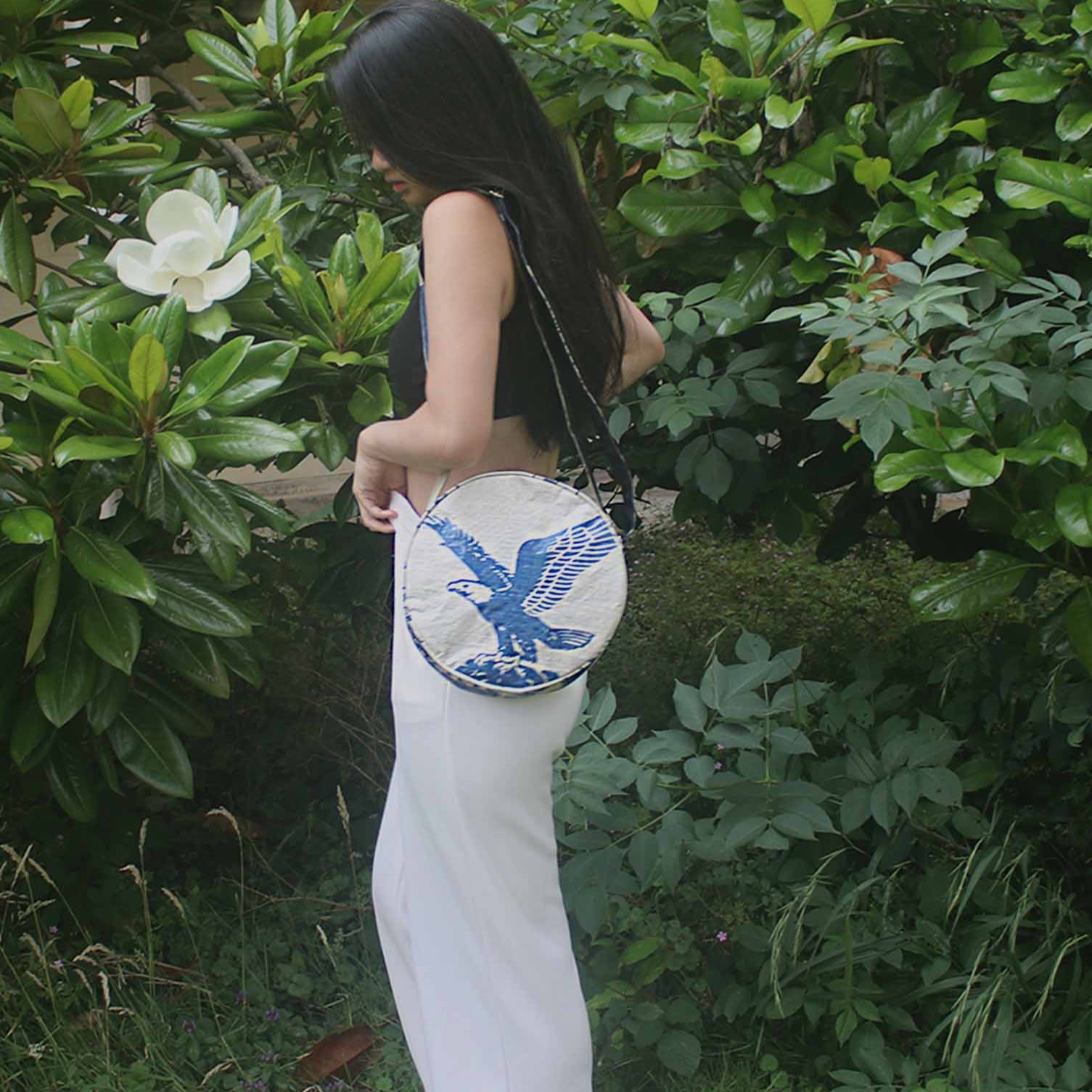
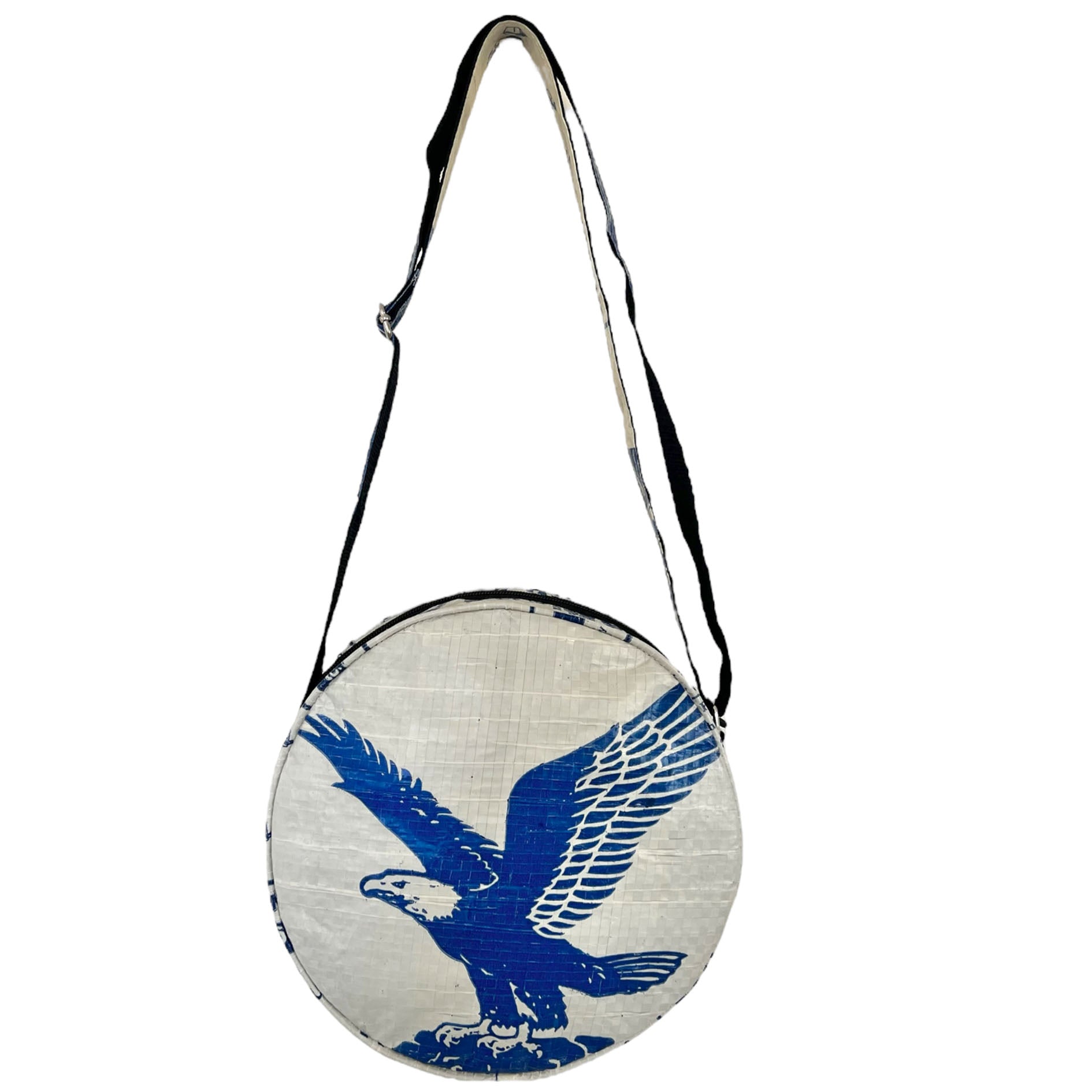
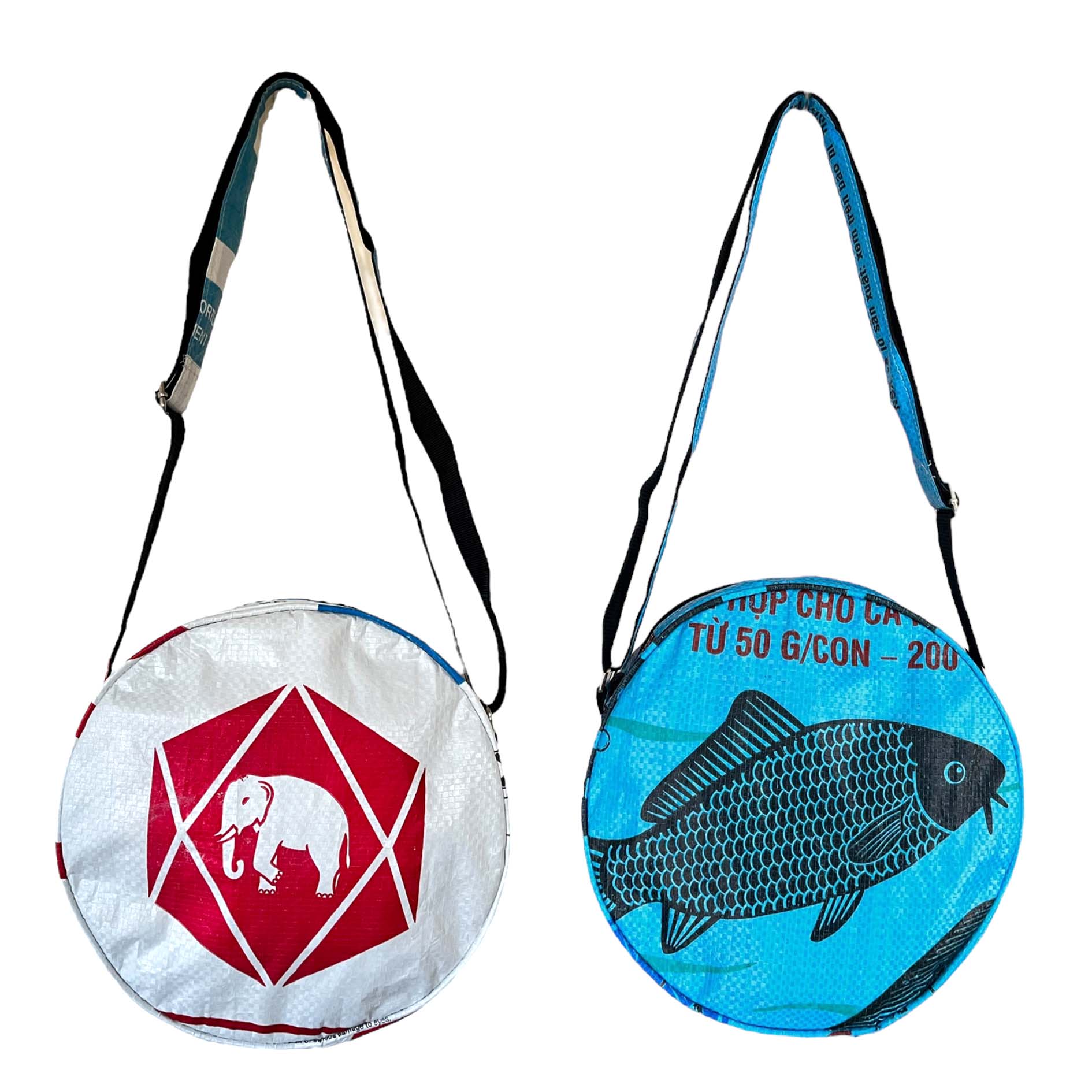
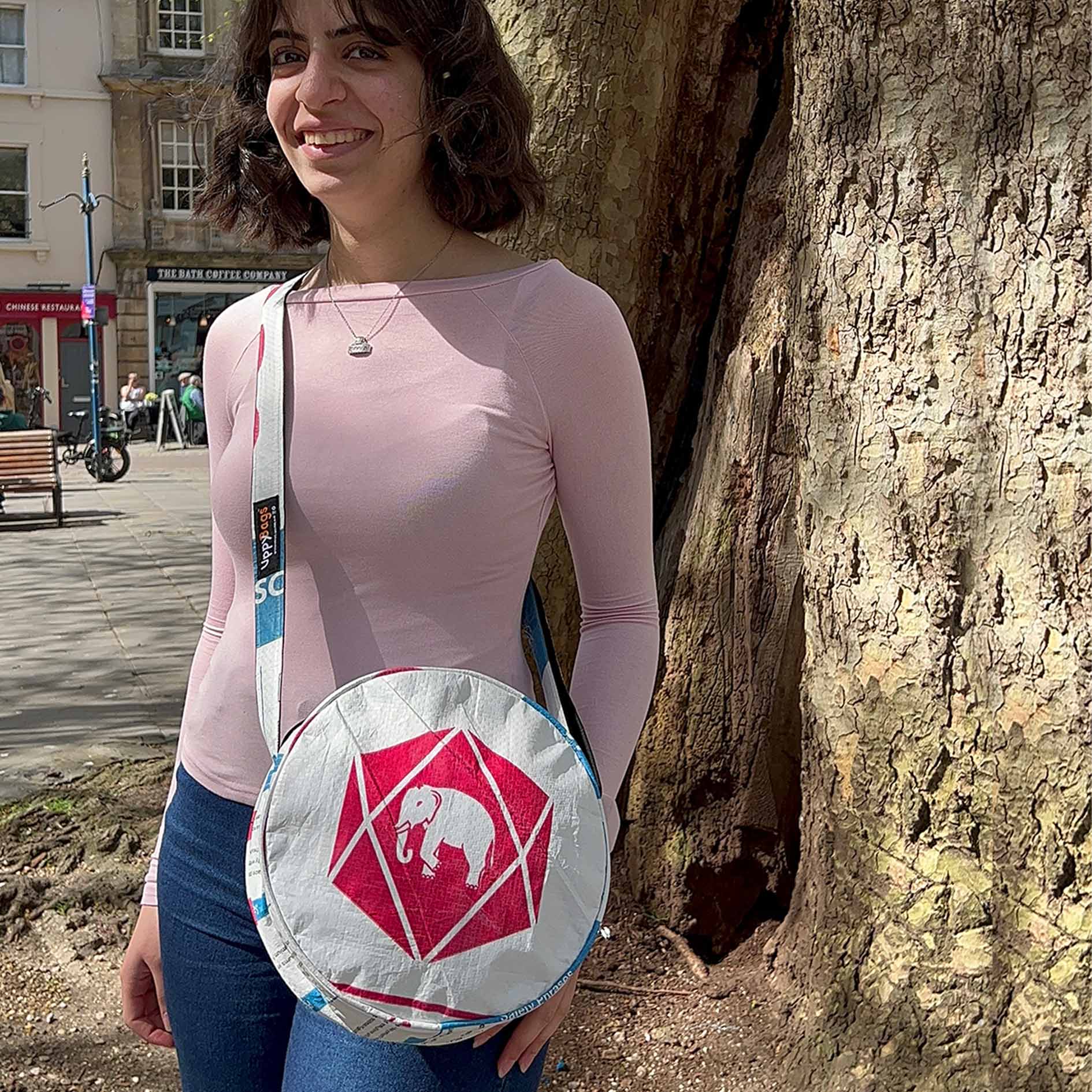
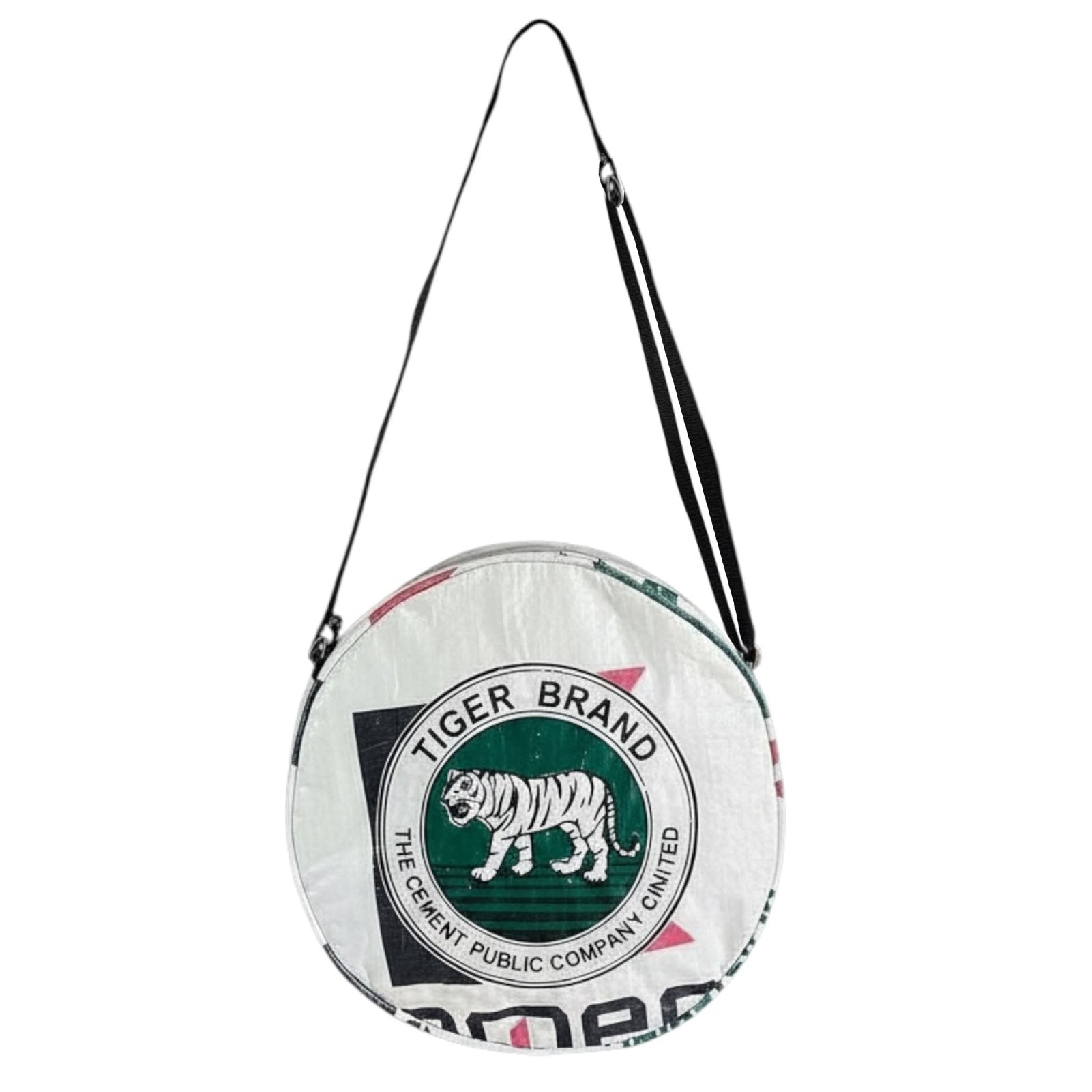
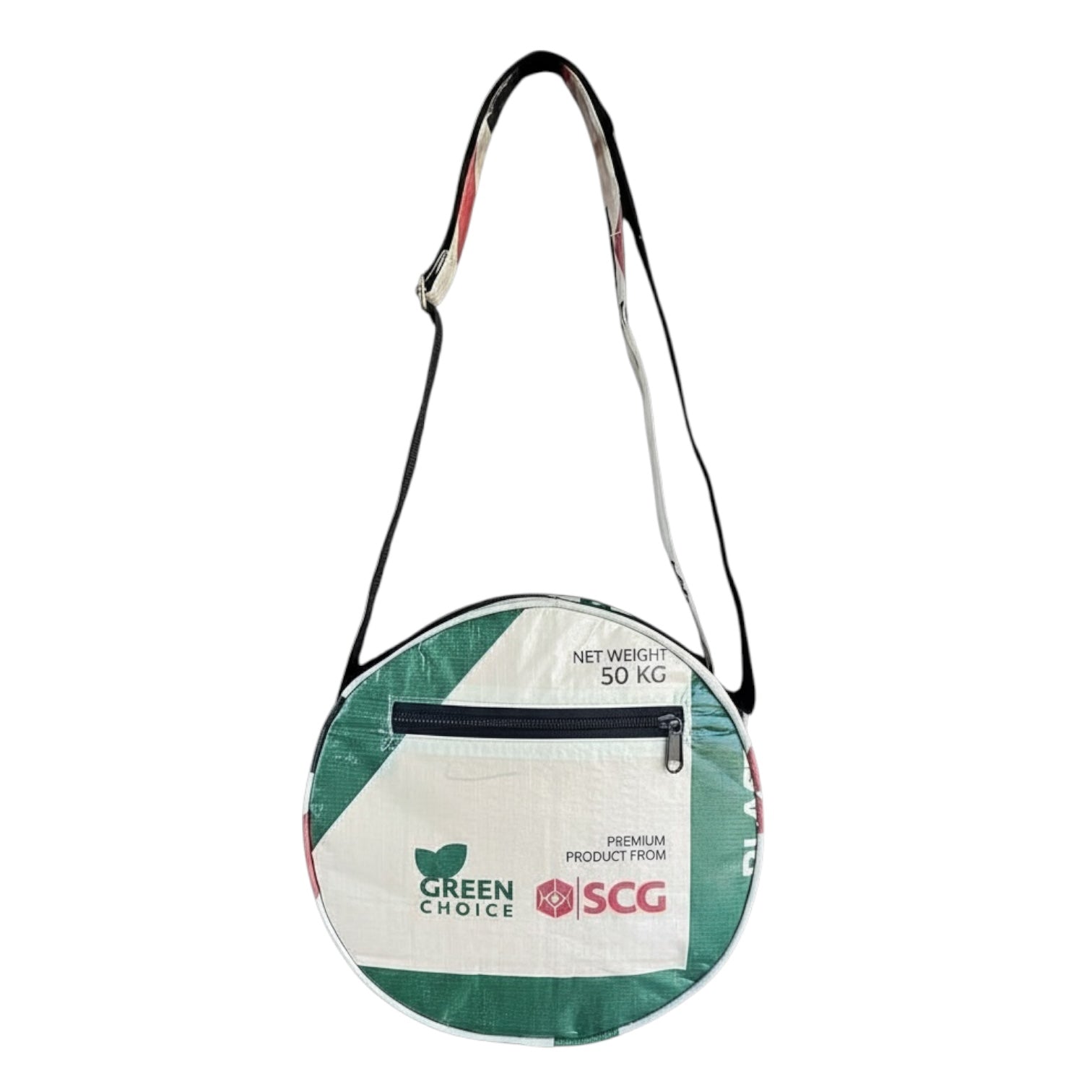
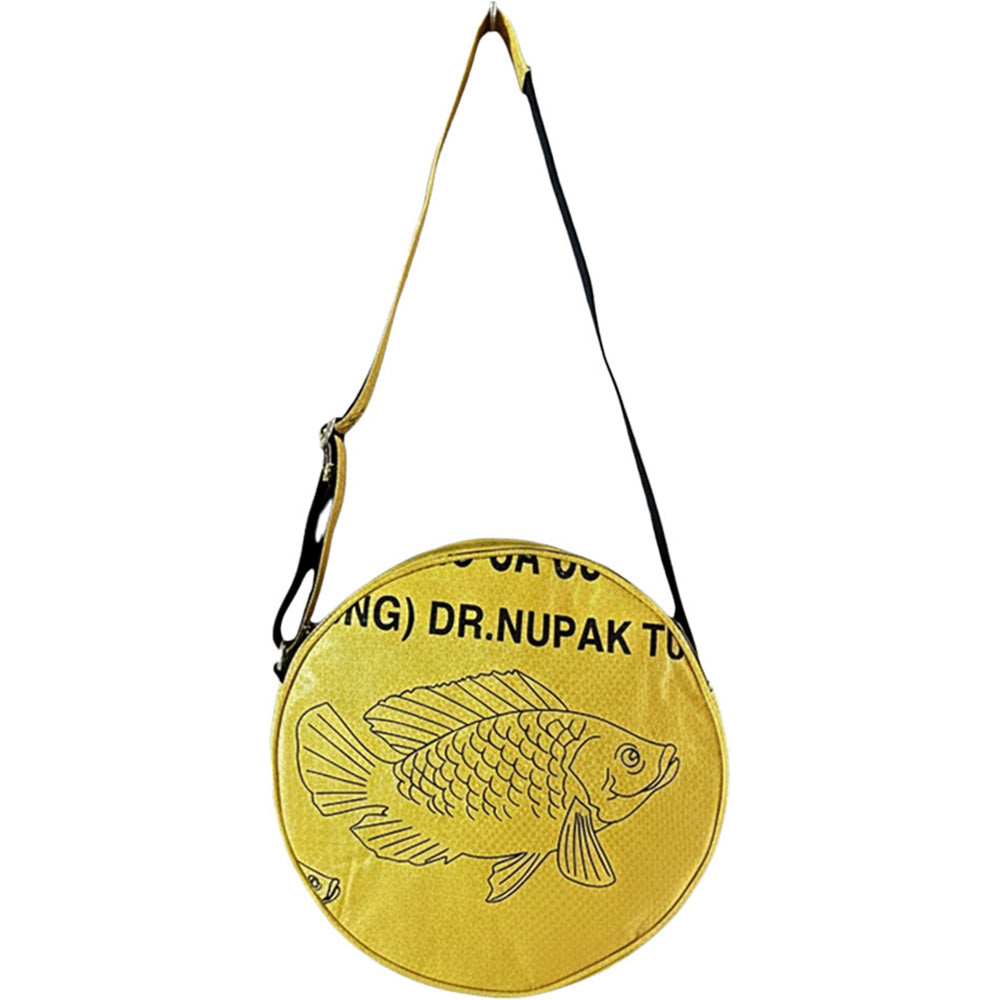
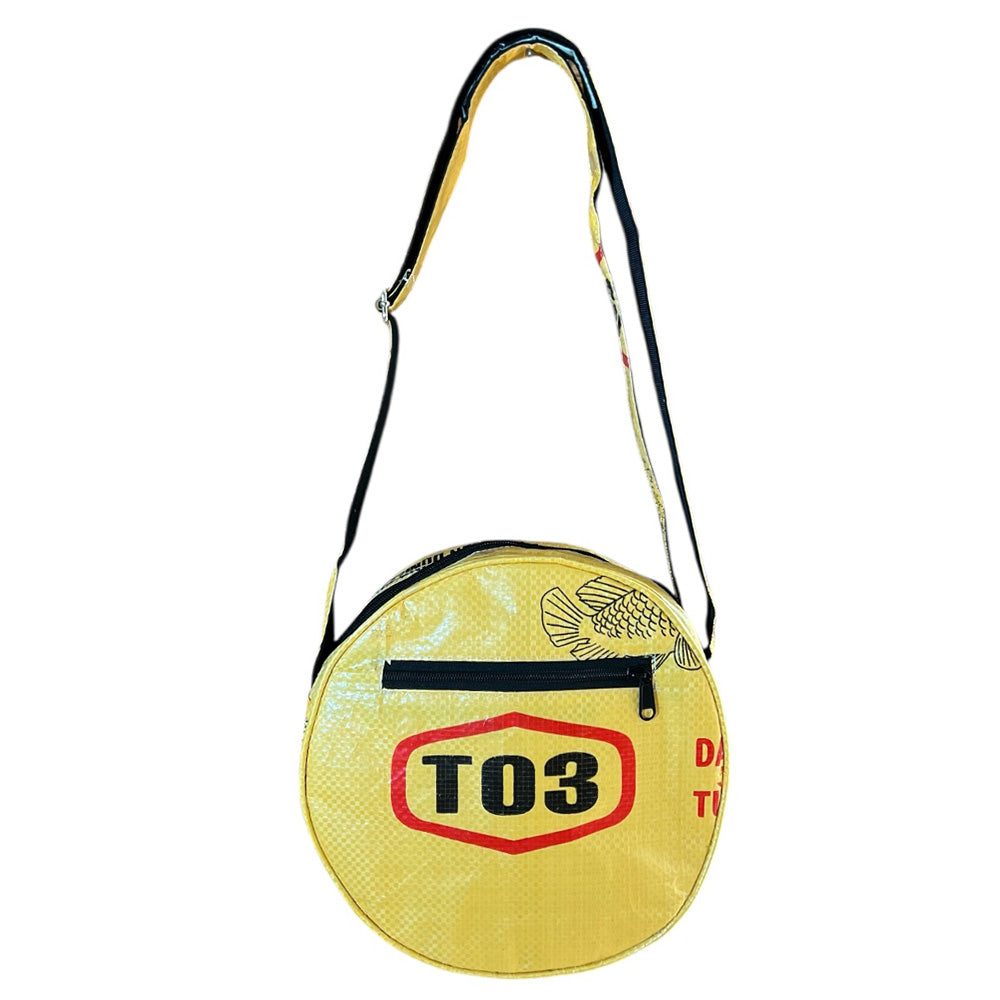
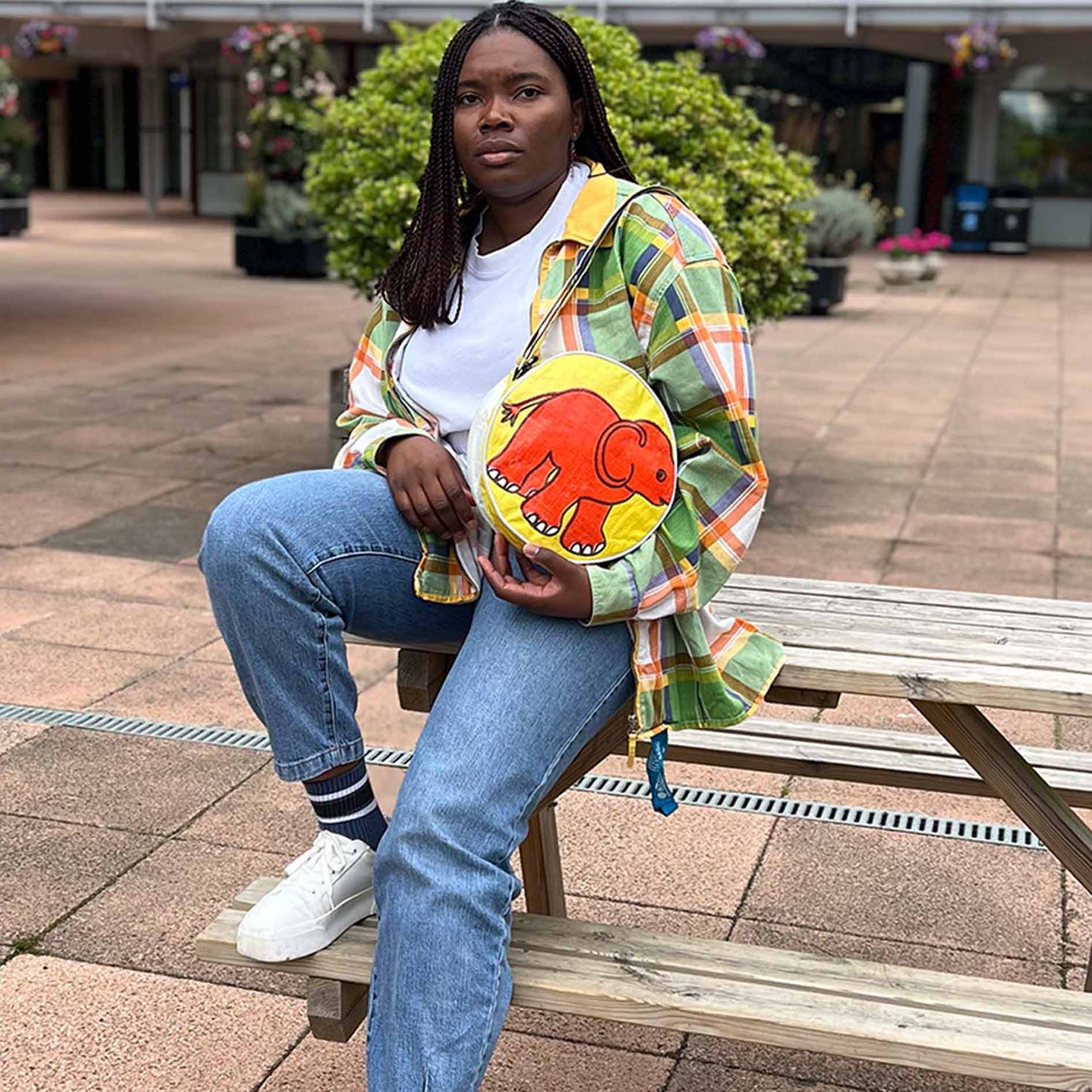
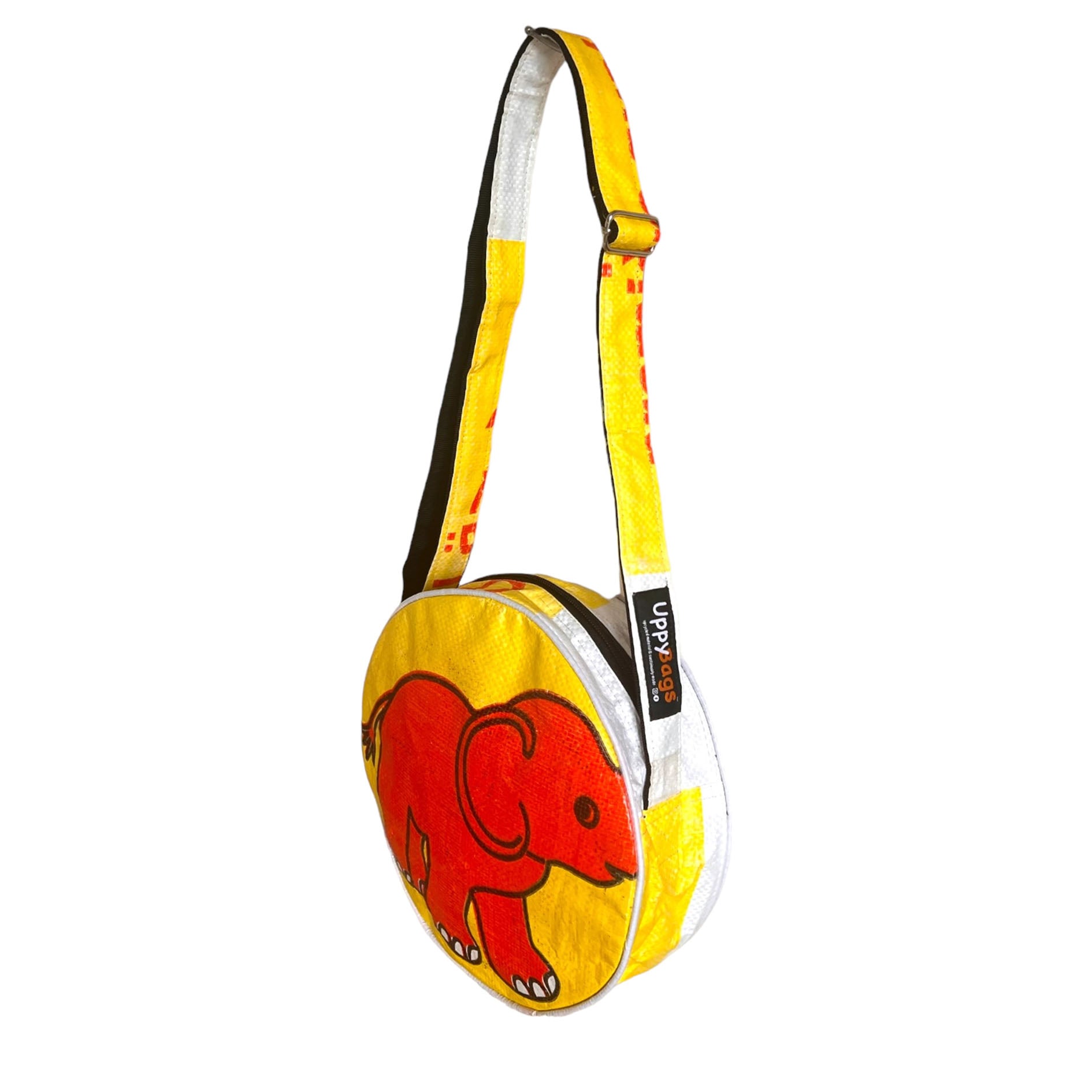
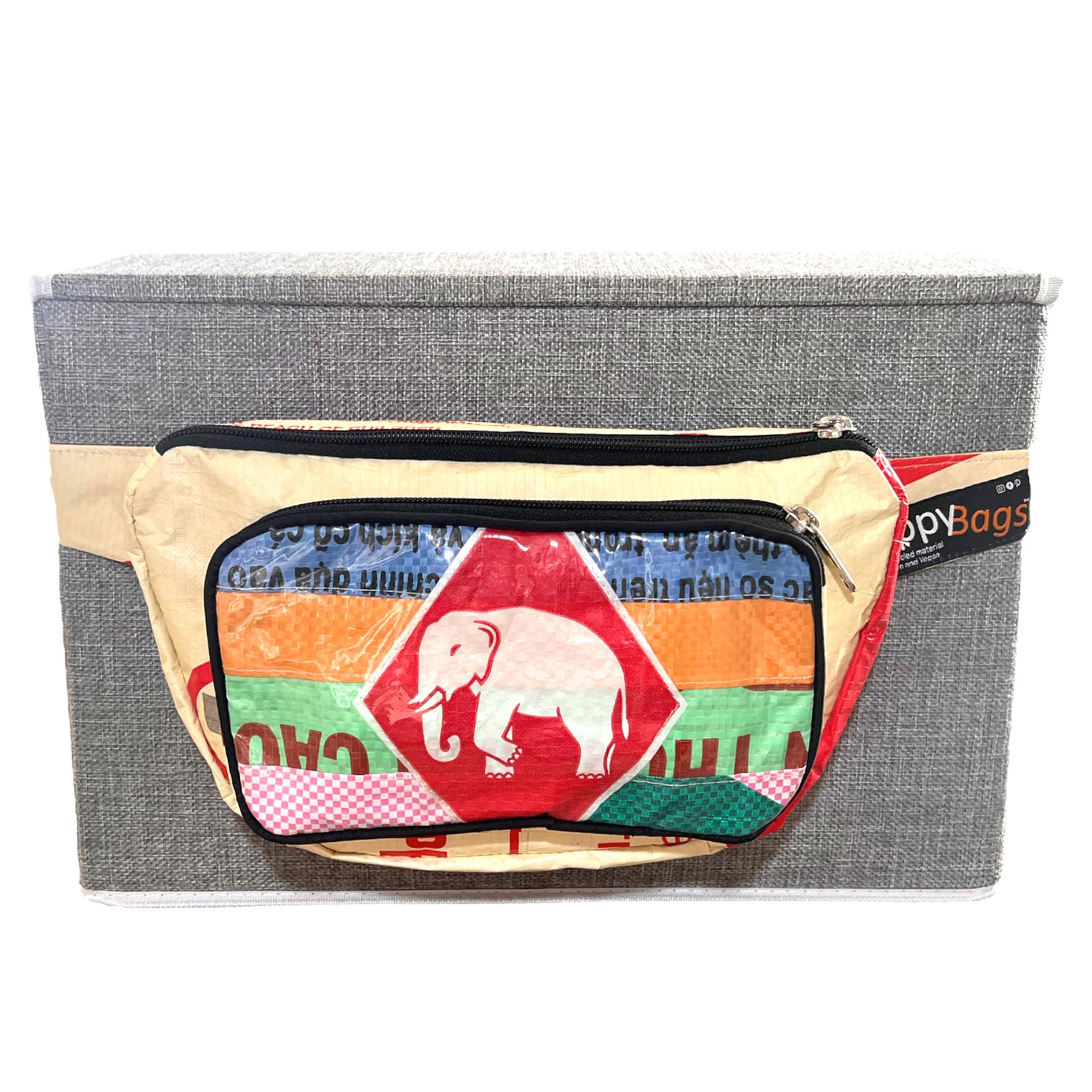
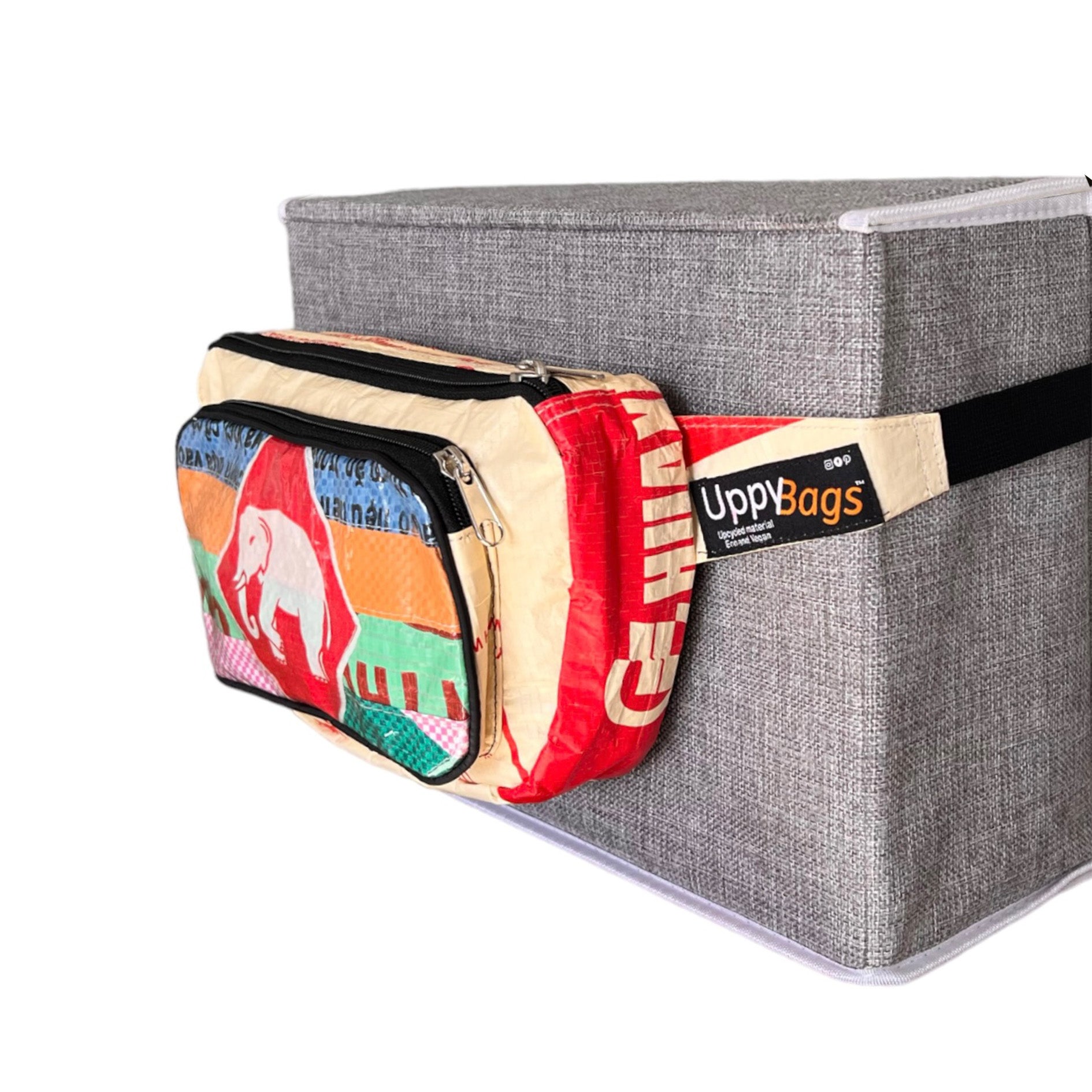
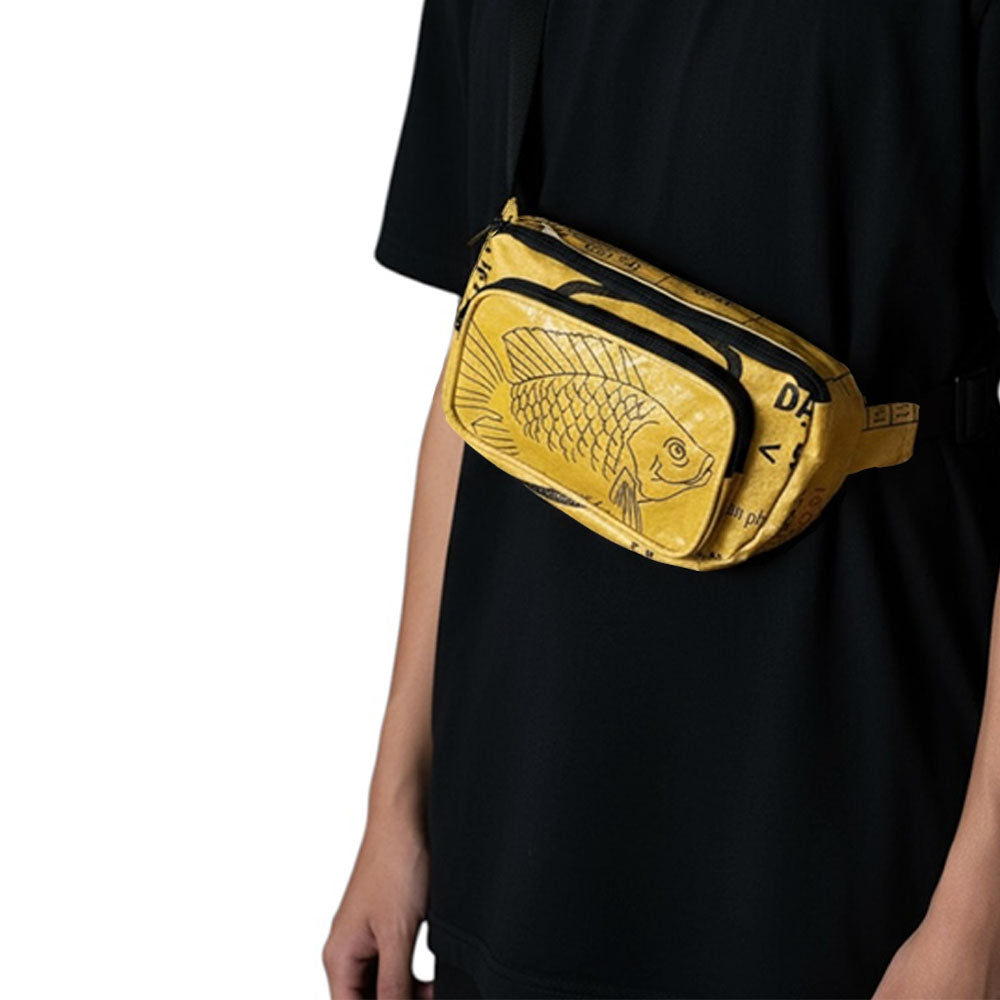
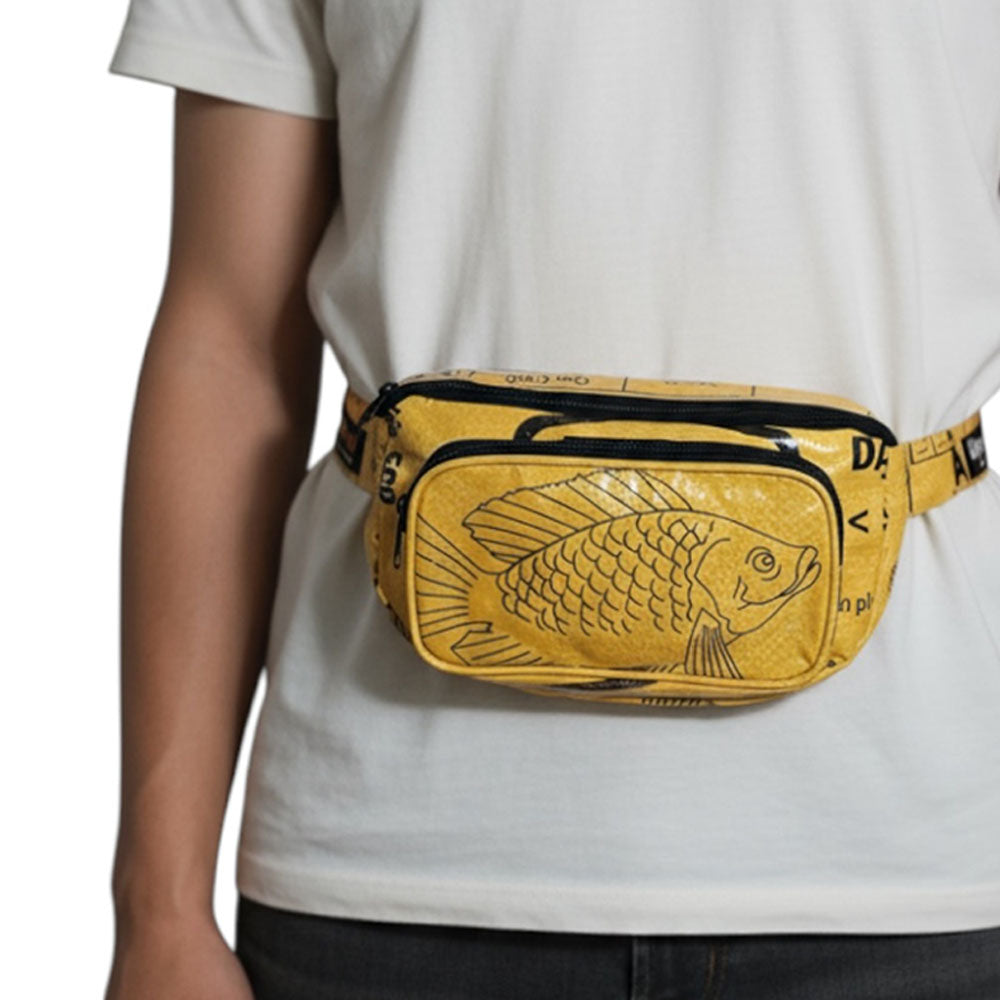
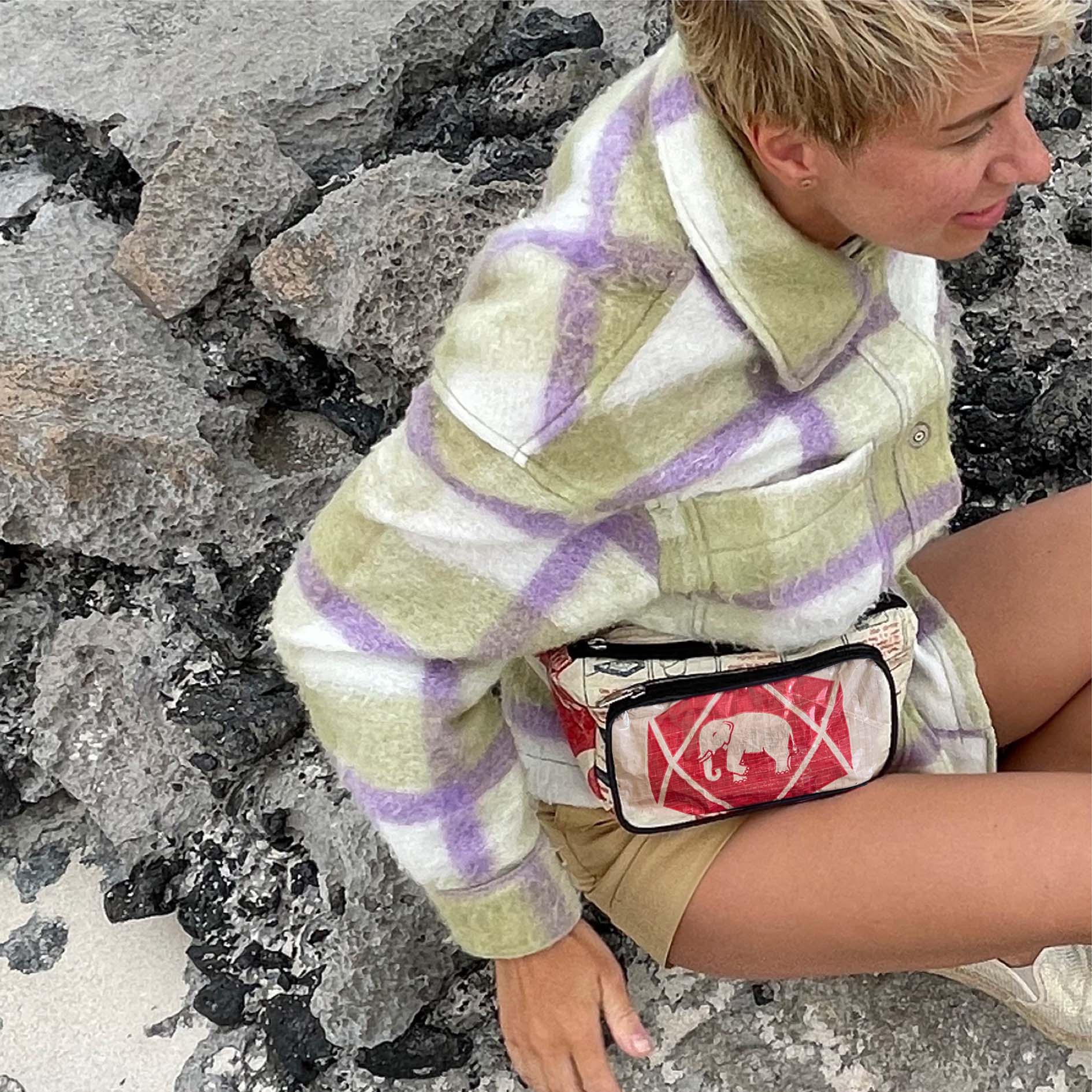
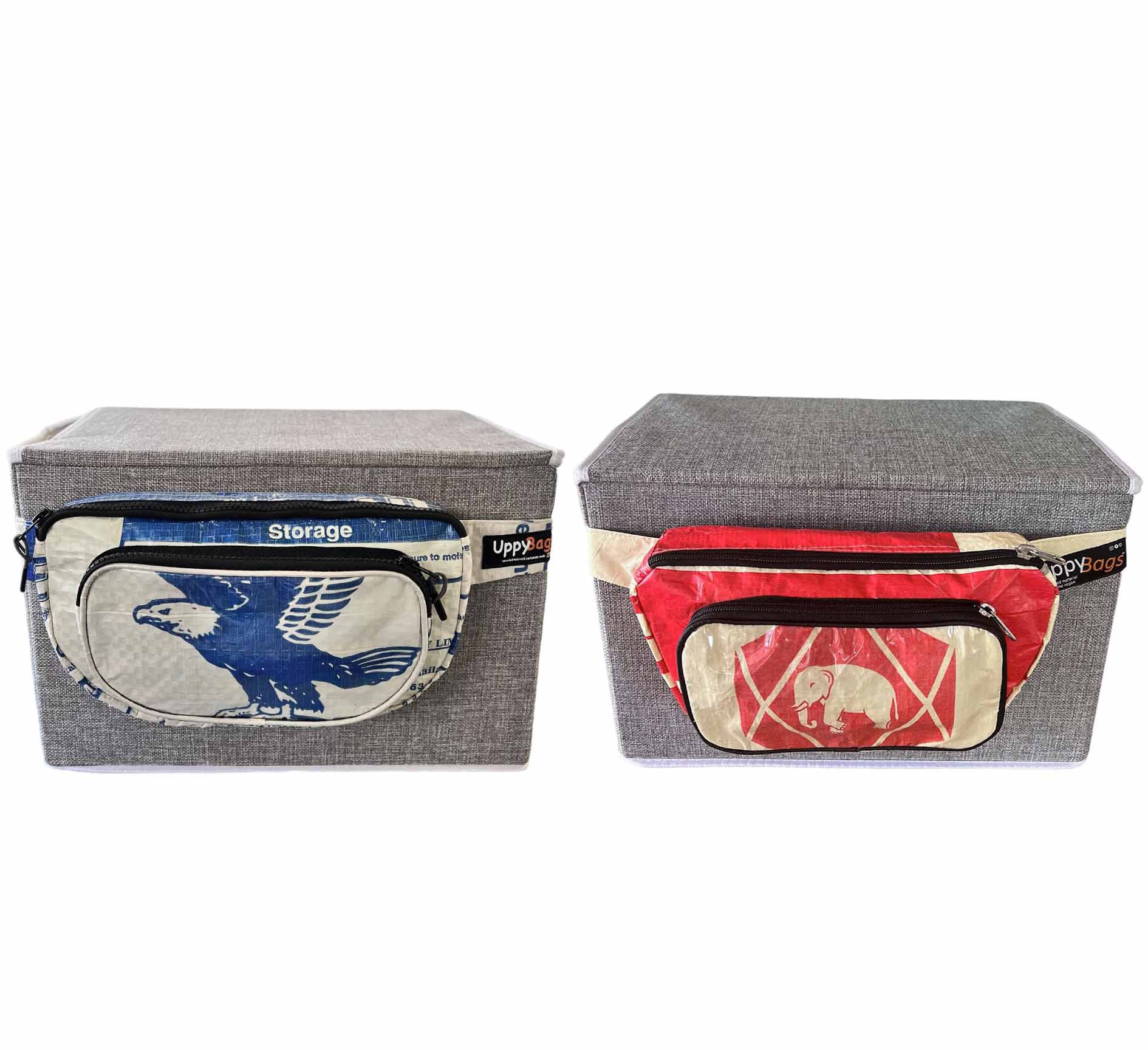
Leave a comment
This site is protected by hCaptcha and the hCaptcha Privacy Policy and Terms of Service apply.